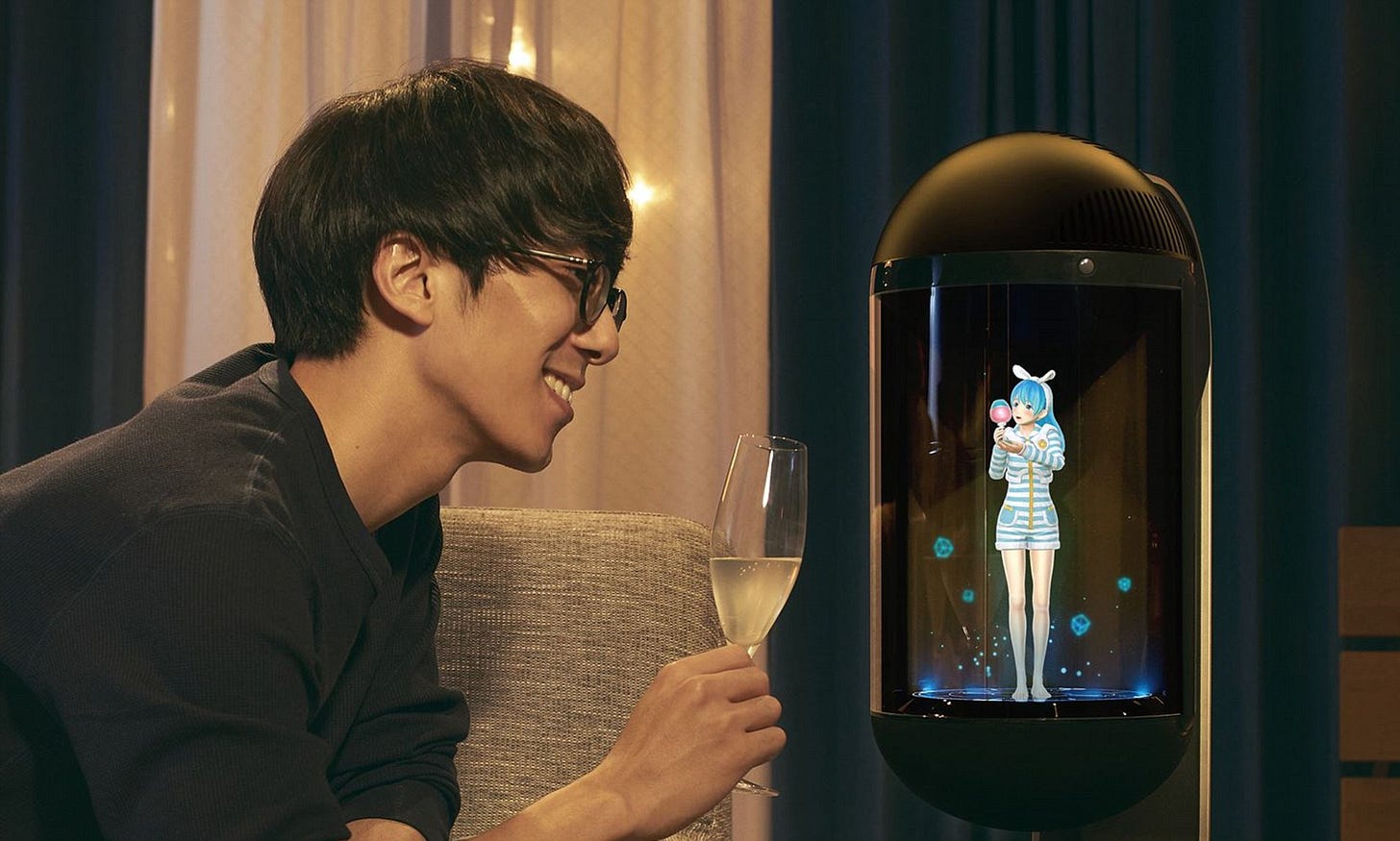Relationships: The Gateway Drug
Cultural Programming
Relationships are the contextual translator of culture. Through relationships, we learn how to apply and think about what is “right,” what is “wrong,” and most importantly, what is “expected” of us.
One step inwards from the background noise of society and our surrounding environments are relationships - they involve all the people who you regularly interact with. Your fellow students, coworkers, friends, and family members. The level of intimacy and exposure varies from person to person, but what is common is that they all represent some form of human institution. By extension, they are the conduit to institutional culture.
Students represent the institution of academia, coworkers represent companies, and so on. Even friends represent different circles of social networks we find ourselves immersed in. If you look around you, every single person you have a relationship with is based on some underlying fundamental man-made institution. Even the people closest to you such as your spouse, your parents, or your children represent the institution of family.
It is very rare, perhaps impossible, to have a relationship completely devoid of any institution - even our loveable family dog belongs to the institution of pet ownership and family which carries its own set of expectations. One can even make the case that relationships with AI characters represent an evolving institution: in Japan people are not only dating but marrying AI “beings” and the foundations are based on the platform on which the AI operates in, such as a game.
The connection between the people we have relationships with, and the institutions that these people represent is critical because it is these institutions that overlay their expectations onto us. Interestingly, in situations where a person represents more than one institution, say for example a colleague at work who has become a friend outside of work through a common bond such as a hobby, there will always be a primary representative institution. When push comes to shove, the expectations from the primary institution overrides the other and is effected through the relationship and interactions. The expectations are channeled through the people in the way we interact with them, and it is through these interactions that expectations are seared into us. However, unlike The Outer Ring and Background Echo discussed earlier, these expectations are more visceral and we are more aware of them as they have been translated and contextualized through our relationships with people representing the institutions.
What exactly are the institutions’ expectations and where are they derived from? The simplest answer is that through the functions these institutions provide for society, they distill The Outer Ring and Background Echo and leverage it as a facility for them to succeed. This is true even in the most extreme of cases, where the institution’s purpose is to revolt against society itself - some of the most infamous cults have had extremely well defined and rigorously enforced expectations.
Let’s reflect on some of society’s most foundational institutions, the relationships we develop through them, and unravel some of the expectations set by them. The purpose of the reflection is not to go over all the nuances of each institution, but rather to understand how expectations are translated through our relationships and impact us so that we can be more aware, and be able to dismantle them.
First up in the next article: School.
➡️ Read the previous FoFty manuscript article here:



